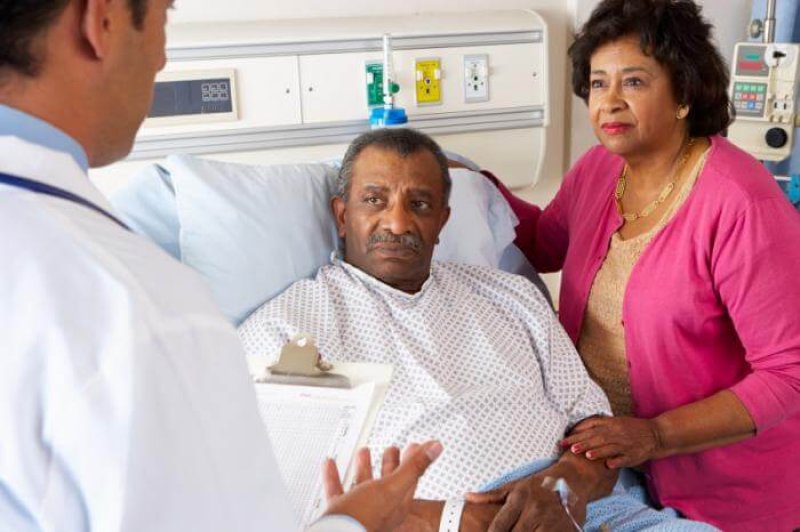The GLP aggregated and excerpted this blog/article to reflect the diversity of news, opinion and analysis.
Who stands to benefit from – or lose out on – gene editing? Advances in our ability to tweak the human genome using CRISPR Cas-9 and similar techniques won’t only affect those at risk of genetic disorders. Women and disabled people are likely to be disproportionately affected. And people living in poor countries – who are at the greatest risk of disease – could miss out on the benefits.
These were among the points raised at a summit held by the US National Academies of Science and Medicine’s Committee on Human Gene Editing in Paris. The committee will draw up a set of recommendations based on the questions and comments raised by the audience – a mix of scientists, ethicists and lawyers.
The CRISPR editing tool offers scientists a way to cut out sections of DNA and potentially replace them with others. Since it took the research world by storm last year, some have suggested it could be used to treat genetic disorders by precisely targeting the responsible genetic mutation. Disorders like Duchenne muscular dystrophy, which causes muscle degeneration, and osteogenica imperfecta, known as brittle bone disease, have been flagged as potential beneficiaries.
But the people who will probably be the first to have their lives altered by gene editing were missing from the discussion, says Jackie Leach Scully, a bioethicist based at Newcastle University in the UK. When researchers focus on correcting genetic mutations, they may be overlooking the individual’s personal experience of disability, she says.
Read full, original post: Let people most affected by gene editing write CRISPR rules































